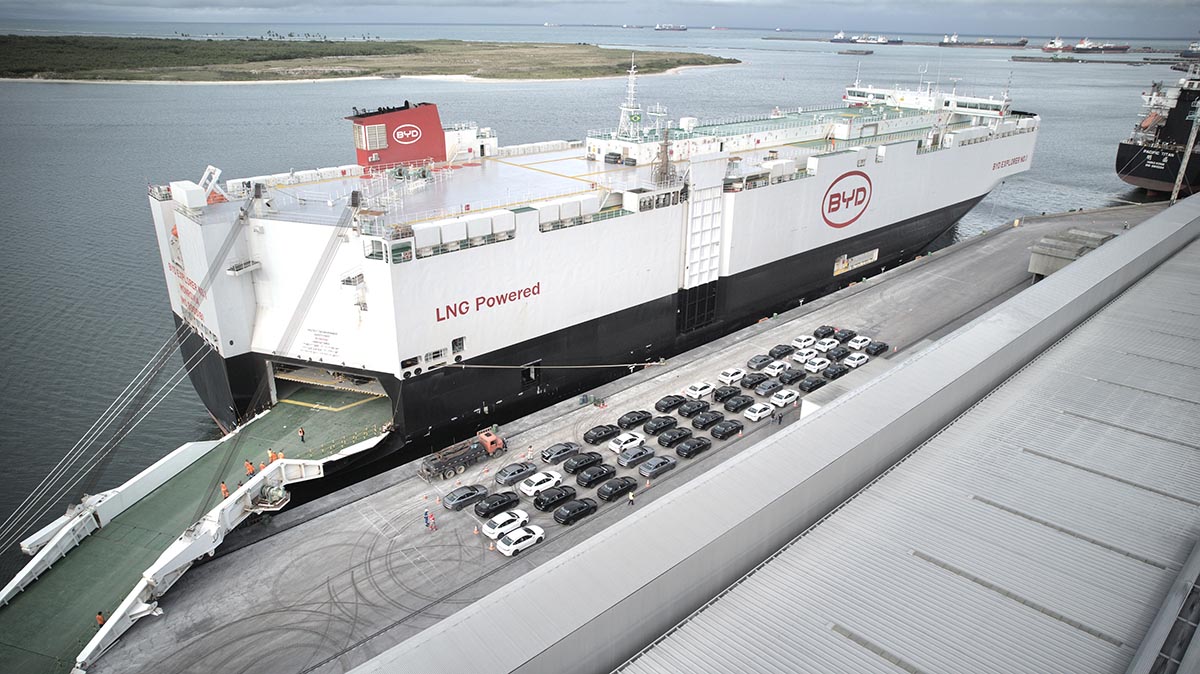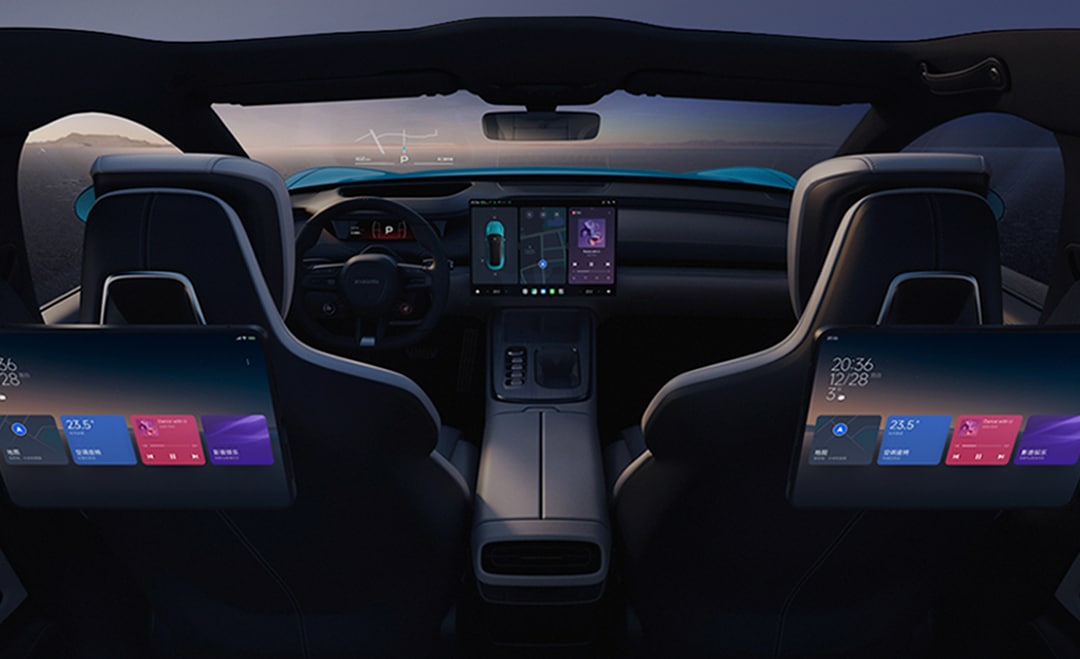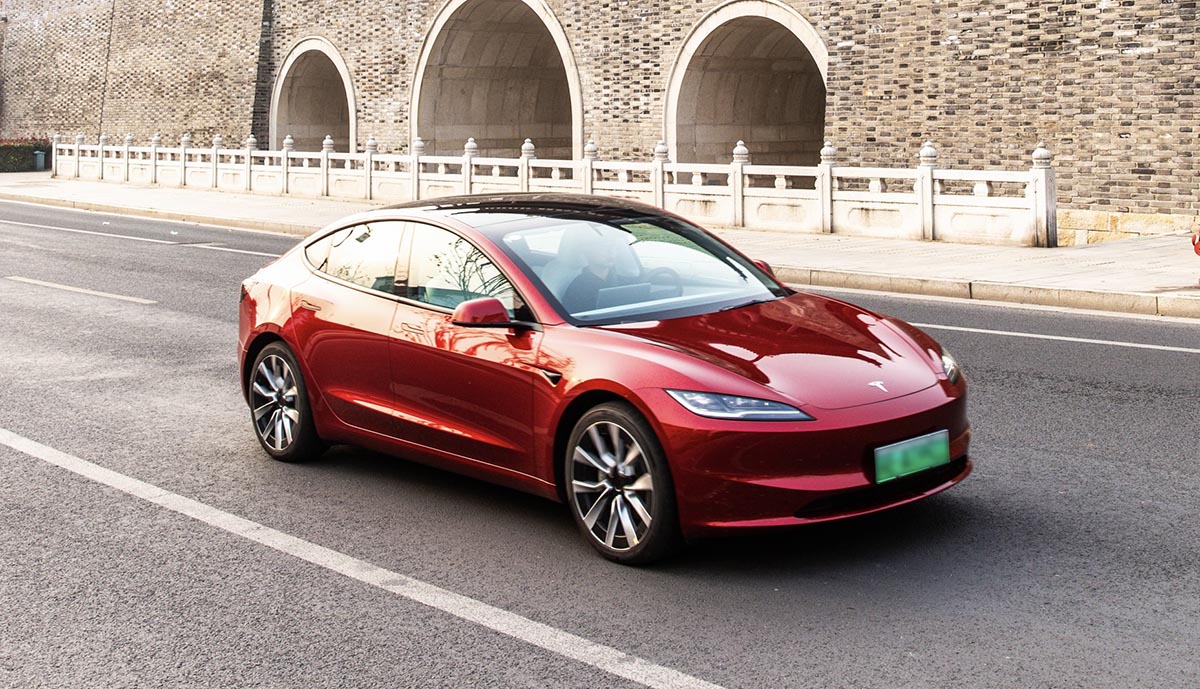In a bid to protect local brands, European regulators are considering imposing significant tariffs on Chinese auto imports. However, experts are divided on whether these tariffs will have the desired effect.
European lawmakers are concerned that Chinese automakers’ efficient operations and substantial profit margins could allow them to absorb these financial penalties while still offering bargain-priced electric vehicles (EVs) to European consumers. Investigations into state subsidies boosting Chinese brands began earlier this year, with lawmakers expected to announce their decision next week.
See also: EU Tariffs on Chinese EVs Could Cost Beijing Nearly $4 Billion in Trade, Study Finds
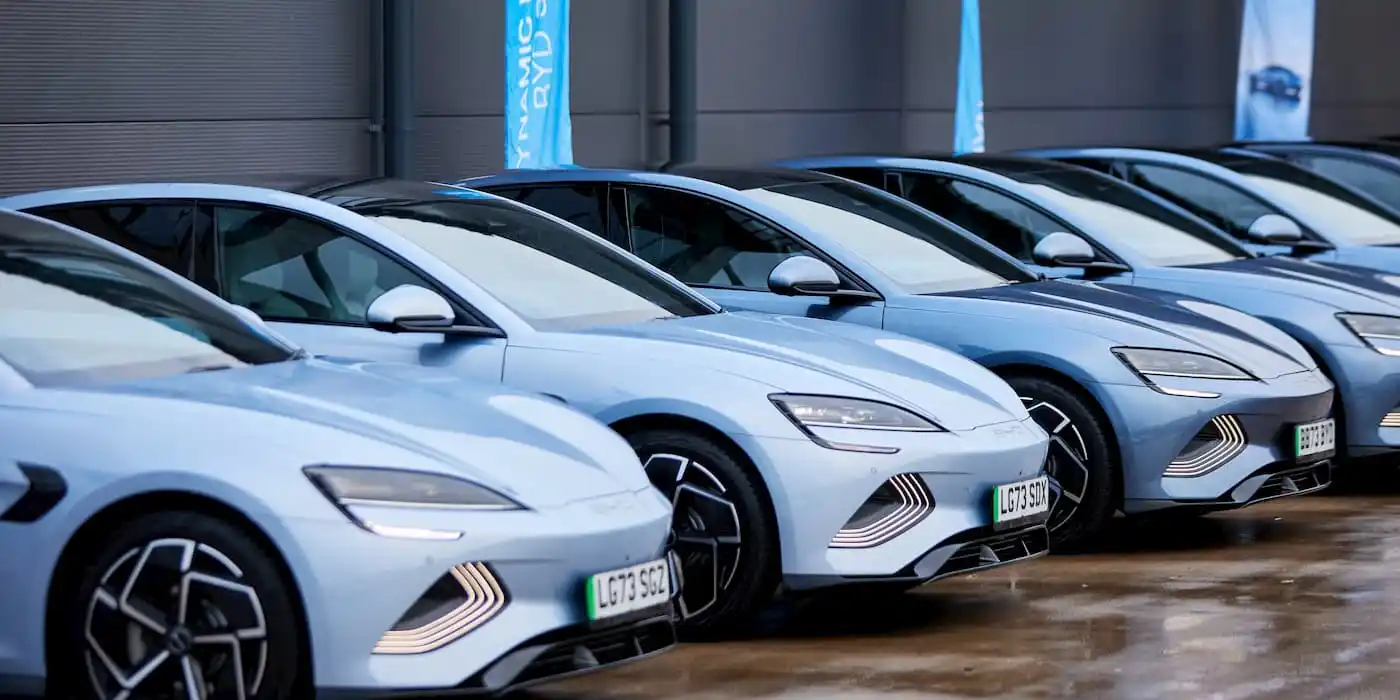
Analysts anticipate a 30 percent tariff, but some experts argue that this measure may not deter Chinese EVs from flooding the European market. According to a report by Auto News, the substantial profit margins of Chinese automakers could easily absorb a 30 percent tariff without significantly impacting consumer prices, although it would reduce the companies’ profits.
To make a noticeable dent in Chinese import volumes, analysts suggest that tariffs would need to be raised to as much as 50 percent. However, not everyone in the industry agrees with this view. A study by the Kiel Institute for the World Economy suggests that a 20 percent tariff could prevent approximately $3.8 billion worth of Chinese EVs from entering Europe, potentially leading to a boost in sales of domestically produced electric vehicles by up to $3.3 billion.
See also: Polestar CEO Criticizes U.S. Tariff Hike, Plans Global Production Diversification
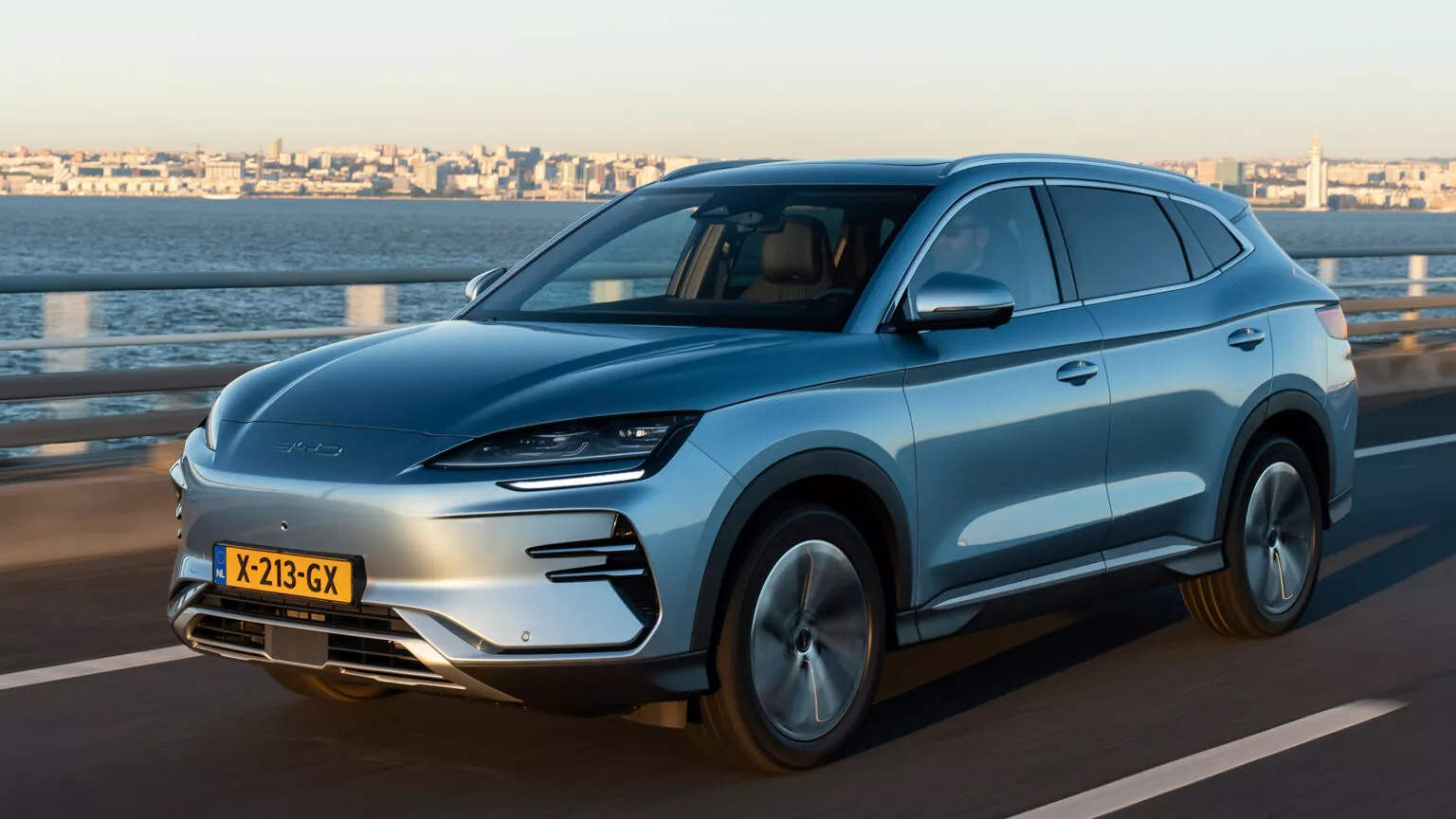
The implications of these tariffs extend beyond the automotive sector, as China is likely to retaliate by imposing taxes on European cars exported to China. The outcome of this trade dispute could significantly impact the future landscape of the global automotive industry.

